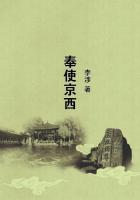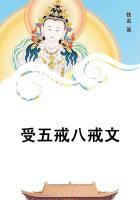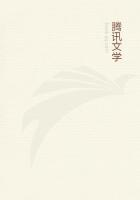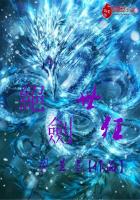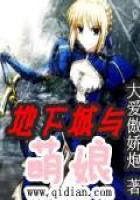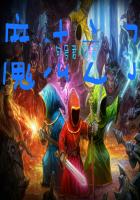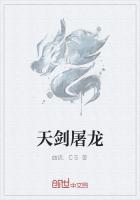There is something, as a rule, slightly contemptible about ancient criticism. The modern idea of the critic as the interpreter, the expounder of the beauty and excellence of the work he selects, seems quite unknown. Nothing can be more captious or unfair, for instance, than the method by which Aristotle criticised the ideal state of Plato in his ethical works, and the passages quoted by Polybius from Timaeus show that the latter historian fully deserved the punning name given to him. But in Polybius there is, I think, little of that bitterness and pettiness of spirit which characterises most other writers, and an incidental story he tells of his relations with one of the historians whom he criticised shows that he was a man of great courtesy and refinement of taste -as, indeed, befitted one who had lived always in the society of those who were of great and noble birth.
Now, as regards the character of the canons by which he criticises the works of other authors, in the majority of cases he employs simply his own geographical and military knowledge, showing, for instance, the impossibility in the accounts given of Nabis's march from Sparta simply by his acquaintance with the spots in question;or the inconsistency of those of the battle of Issus; or of the accounts given by Ephorus of the battles of Leuctra and Mantinea.
In the latter case he says, if any one will take the trouble to measure out the ground of the site of the battle and then test the manoeuvres given, he will find how inaccurate the accounts are.
In other cases he appeals to public documents, the importance of which he was always foremost in recognising; showing, for instance, by a document in the public archives of Rhodes how inaccurate were the accounts given of the battle of Lade by Zeno and Antisthenes.
Or he appeals to psychological probability, rejecting, for instance, the scandalous stories told of Philip of Macedon, simply from the king's general greatness of character, and arguing that a boy so well educated and so respectably connected as Demochares (xii. 14) could never have been guilty of that of which evil rumour accused him.
But the chief object of his literary censure is Timaeus, who had been unsparing of his strictures on others. The general point which he makes against him, impugning his accuracy as a historian, is that he derived his knowledge of history not from the dangerous perils of a life of action but in the secure indolence of a narrow scholastic life. There is, indeed, no point on which he is so vehement as this. 'A history,' he says, 'written in a library gives as lifeless and as inaccurate a picture of history as a painting which is copied not from a living animal but from a stuffed one.'
There is more difference, he says in another place, between the history of an eye-witness and that of one whose knowledge comes from books, than there is between the scenes of real life and the fictitious landscapes of theatrical scenery. Besides this, he enters into somewhat elaborate detailed criticism of passages where he thought Timaeus was following a wrong method and perverting truth, passages which it will be worth while to examine in detail.
Timaeus, from the fact of there being a Roman custom to shoot a war-horse on a stated day, argued back to the Trojan origin of that people. Polybius, on the other hand, points out that the inference is quite unwarrantable, because horse-sacrifices are ordinary institutions common to all barbarous tribes. Timaeus here, as was common with Greek writers, is arguing back from some custom of the present to an historical event in the past. Polybius really is employing the comparative method, showing how the custom was an ordinary step in the civilisation of every early people.
In another place, (21) he shows how illogical is the scepticism of Timaeus as regards the existence of the Bull of Phalaris simply by appealing to the statue of the Bull, which was still to be seen in Carthage; pointing out how impossible it was, on any other theory except that it belonged to Phalaris, to account for the presence in Carthage of a bull of this peculiar character with a door between his shoulders. But one of the great points which he uses against this Sicilian historian is in reference to the question of the origin of the Locrian colony. In accordance with the received tradition on the subject, Aristotle had represented the Locrian colony as founded by some Parthenidae or slaves' children, as they were called, a statement which seems to have roused the indignation of Timaeus, who went to a good deal of trouble to confute this theory. He does so on the following grounds:-First of all, he points out that in the ancient days the Greeks had no slaves at all, so the mention of them in the matter is an anachronism; and next he declares that he was shown in the Greek city of Locris certain ancient inscriptions in which their relation to the Italian city was expressed in terms of the position between parent and child, which showed also that mutual rights of citizenship were accorded to each city. Besides this, he appeals to various questions of improbability as regards their international relationship, on which Polybius takes diametrically opposite grounds which hardly call for discussion. And in favour of his own view he urges two points more: first, that the Lacedaemonians being allowed furlough for the purpose of seeing their wives at home, it was unlikely that the Locrians should not have had the same privilege; and next, that the Italian Locrians knew nothing of the Aristotelian version and had, on the contrary, very severe laws against adulterers, runaway slaves and the like.

